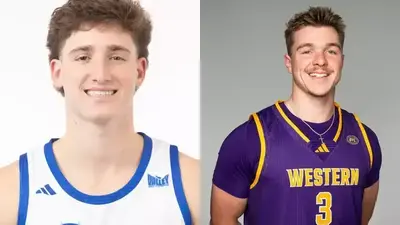When movie star Bruce Willis was diagnosed with aphasia earlier this year, it was the first time that many people had ever heard of the condition.
At Sanford Fargo though, patients are regularly treated for aphasia, which is a neurological disorder that affects a person’s ability to communicate with language. Terri Barta of Lisbon, North Dakota, is one of those patients, and she noticed something different in 2017 while she was teaching preschool.
Aphasia signs and symptoms
“I started noticing little things, like I’d add a letter. The kids, especially the little ones, they are all about the alphabet, and they said, ‘Miss Barta, you added an extra letter there,’ or ‘You left something out,’ and I said, ‘Really? Well, thanks for pointing that out,’” Barta said.
There are various types of aphasia, but Barta has primary progressive aphasia, or PPA. This version of the disorder comes from deterioration of brain tissue tied to speech and language.
“The expectation is that her symptoms will get worse over time,” said Dr. Tanya Harlow, a neurologist at Sanford Fargo. “Everybody’s path, and how quickly that happens, can be different. At some point though, she may be unable to communicate at all, which obviously is extraordinarily frustrating.”
Speech therapy and brotherly love
According to the National Aphasia Association, more than 2 million Americans are affected by aphasia, which is most commonly caused by stroke, but can occur for any number of reasons. For Barta, it’s likely a genetic form of the disease. Her brother also has been diagnosed with PPA.
“He’s had it a few years longer, so I’m getting to see what’s going to happen, which is not pleasant necessarily, but we joke about it. We said we’re going to make our own way of communicating and nobody else will know,” Barta said.
The condition can be so severe that communication becomes almost impossible. In mild cases—or early onset versions like Barta’s—it may affect different aspects of language, like the ability to read, remembering names or numbers, or putting together full sentences.
“I just can’t seem to stick with a whole book,” said Barta. “Everything has to be written down. Even if I think of a thought, I’ve learned to write it down because two hours from now I won’t remember what it was.”
“Those are things that will continue to get worse for her, sadly,” said Dr. Harlow. “But she’s got such a great attitude that I think that’s going to serve her well.”
There is no cure for aphasia, but Barta is seeing a speech therapist to help maintain her language abilities for as long as possible. She also wants to make sure that she continues smiling and laughing despite the diagnosis.
“You have to decide what you’re gonna do with this news,” Barta said. “I decided I was gonna live the rest of my life with joy.”
Original source can be found here.




 Alerts Sign-up
Alerts Sign-up